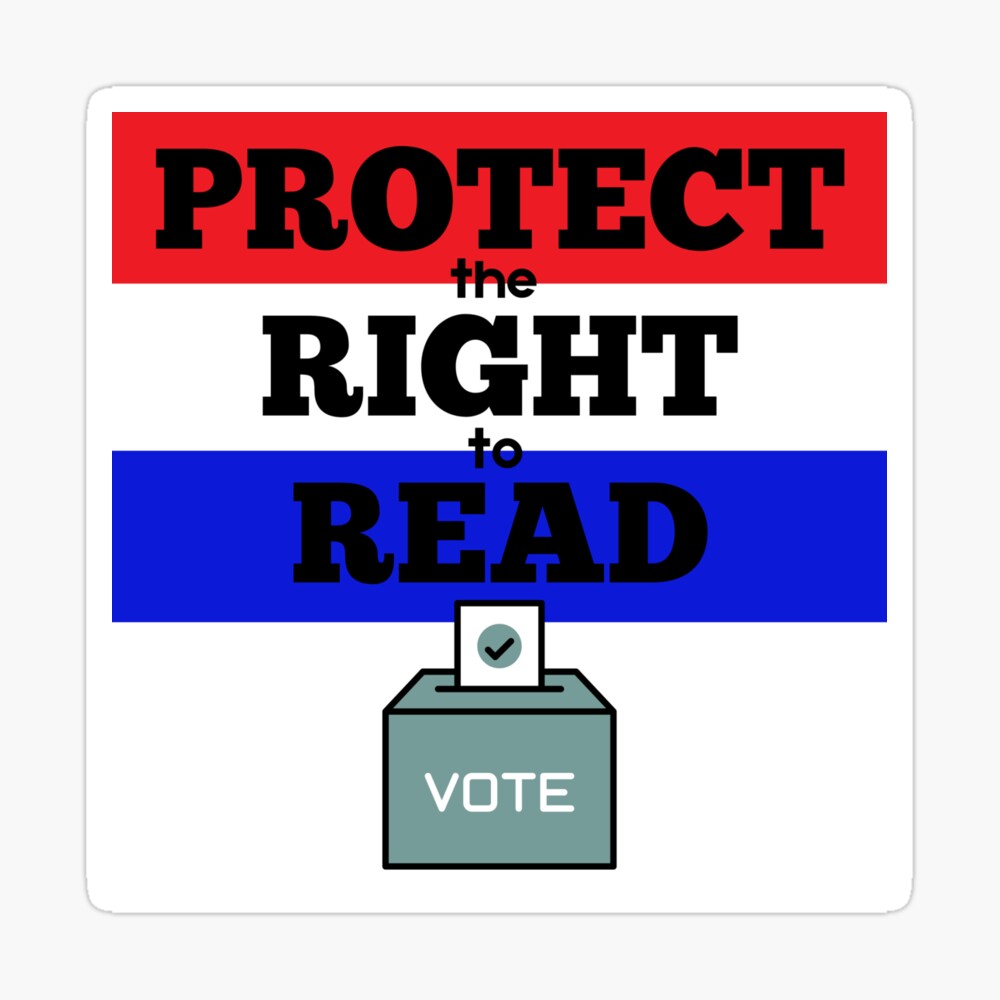Manuscript update: Three fellow writers have very graciously agreed to read my latest revision, which I finished yesterday. Thank you, to them. Once they’re done, I’ll do one more read-through, going through their notes and fixing anything else I see, then I think it will be ready to send out. So next week’s goal will be to get a good query letter written.
I’ve written before about the benefits of being part of a critique group. There’s the camaraderie, the support in an otherwise lonely activity, the comfort in being with others in the same boat as you, and, of course, there’s the critique itself.
That last one is the most important benefit of a critique group, but only if the members are really critiquing.
Good critiquing is priceless, but good critiquing isn’t always pretty. By that, I don’t mean writers should be nasty about their criticism. We all want to strive for constructive criticism. But what I mean is that identifying flaws is a part of good critiquing.
Andrea Brown Literary agent Mary Kole has a great post on her Kidlit.com blog today about the need to grow a thicker skin. She points out that some critique groups meet only to hear how wonderful each others’ writing is. I like to hear good news as much as the next guy, but as Kole says, no one learns if they’re not told what they have to work on.
Now, sure, some critique group members are going to have less experience than others and might not be able to pick up on problems as easily as more experienced members. But that’s why it’s good to be in a critique group with members with all different levels of experience.
But even less experienced writers are readers — or should be if they’re writing books — and as readers, they should be able to contribute criticism as much as any book fan.
The important thing is that critiquers critique. If you’re part of a critique group, you’re making a pact to help others make their writing better, and to do that, you have to point out where they’re going wrong. If you don’t, you’re wasting their time and yours.
On the part of the critiquee, it’s important to just listen and write notes when getting your critique. Don’t let emotion, pride, stop you from listening. And don’t let emotion let you take the critiques for anything other than what they are: someone else’s opinion. Some of the notes you get are going to help you make your work better, some won’t. As the creator of the work, you can make the decision of which is which when you go over your notes later.
It’s always tough to hear people criticize your work, but without that criticism — constructive criticism — your work will never get better. No writer can see every flaw in their own work by themselves — that’s why there are editors. And if an unpublished writer can’t listen to the opinions of others, digest them and figure out which will make their work better, they’re going to have a hard time being published, because published writers work side by side with editors — who give their own educated, knowledgeable, experienced criticisms.
Oh, and by the way, when I say that critiquers are doing their job when they point out the flaws, I don’t mean critiquers shouldn’t point out the good parts too. We all need encouragement as much as we need to know how to improve. The best critiquers are those who can find both good and bad things to say about another’s work, and saying the good first is always a great way to help someone grow.
Got any other critiquing tips? Tell us in the comments.
Also, I’ve had some great questions about ghostwriting submitted for my interview with writer Laura Cross. If you haven’t entered one yet, check out my ghostwriting post for the details and enter your question for a chance to win a PDF copy of Laura’s book, Complete Guide to Hiring a Literary Agent: Everything You Need to Know to Become Successfully Published.
Write On!







3 Responses
I’m just beginning to work with critique partners. This was very helpful. Thank you!
I’m glad, vvdenman. Good luck with working with critique partners. The right critique relationships will be very rewarding.
I’ve heard a lot about the recent launch of Becky Levine’s book The Writing & Critique Group Survival Guide. I’m in a great critique group(I talked about this wrenching but ultimately rewarding experience on my blog a while back) but I’m going to check this book out as a resource for other writers who have either just joined a critique group or are thinking about joining one.